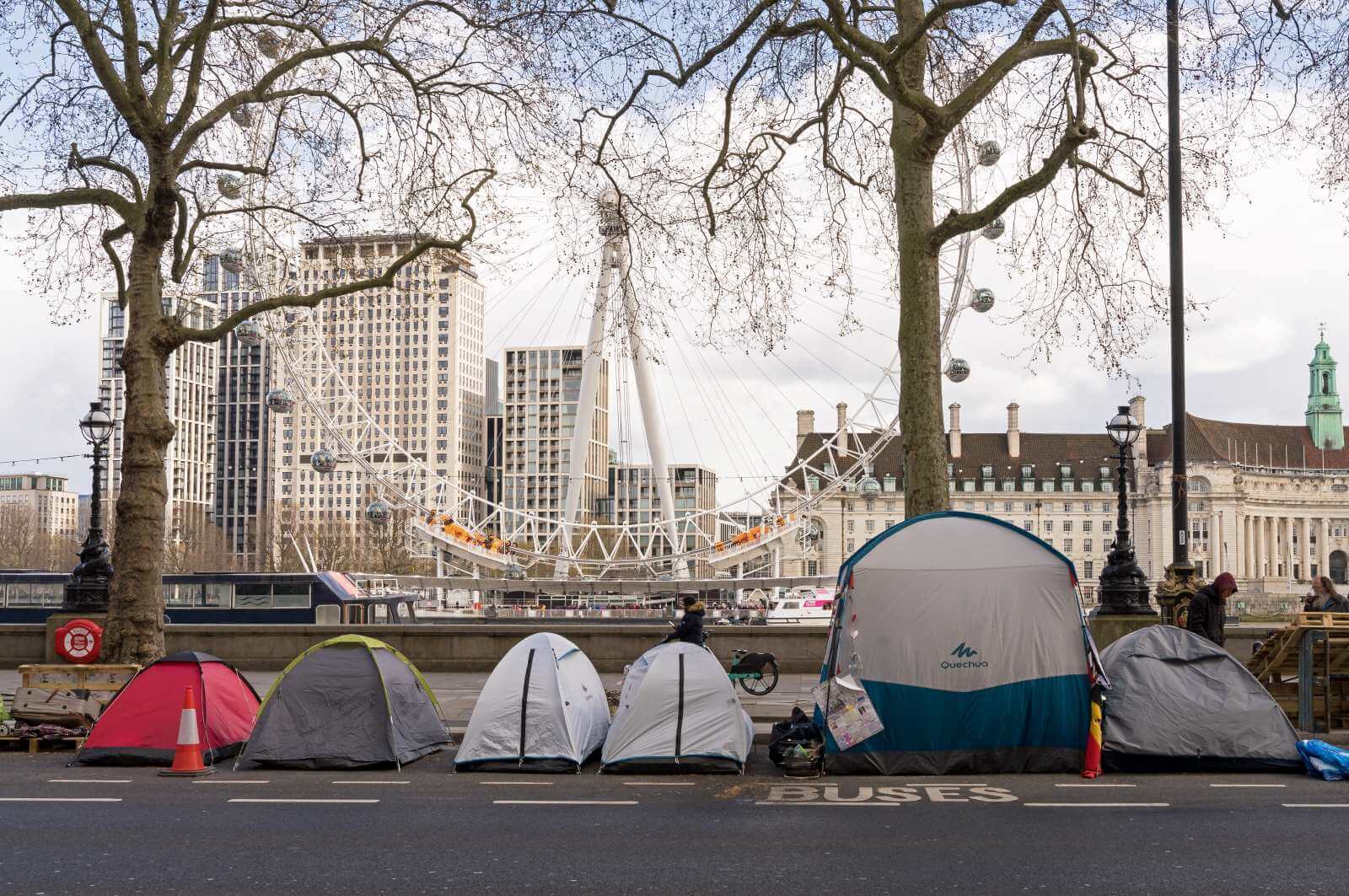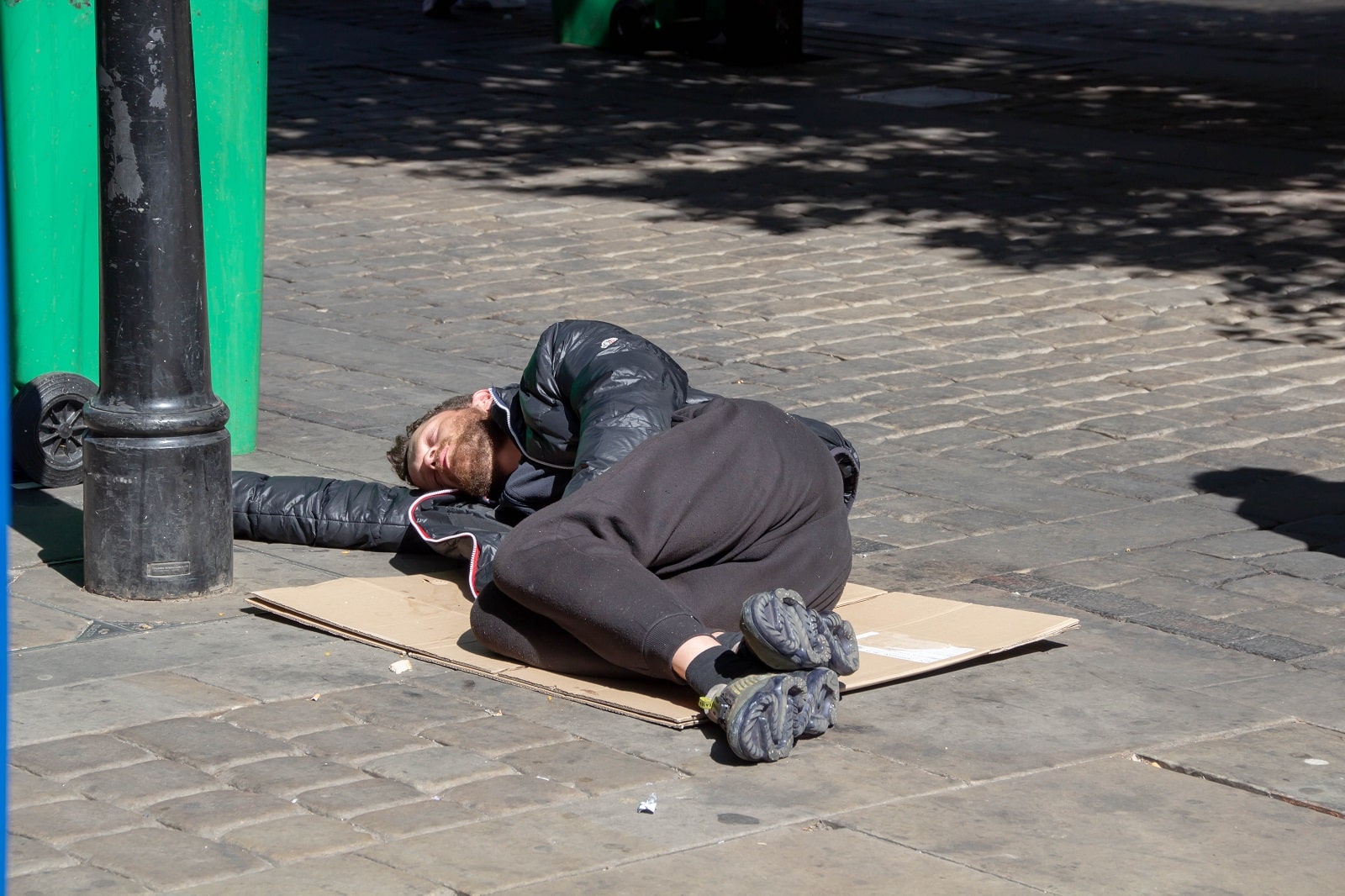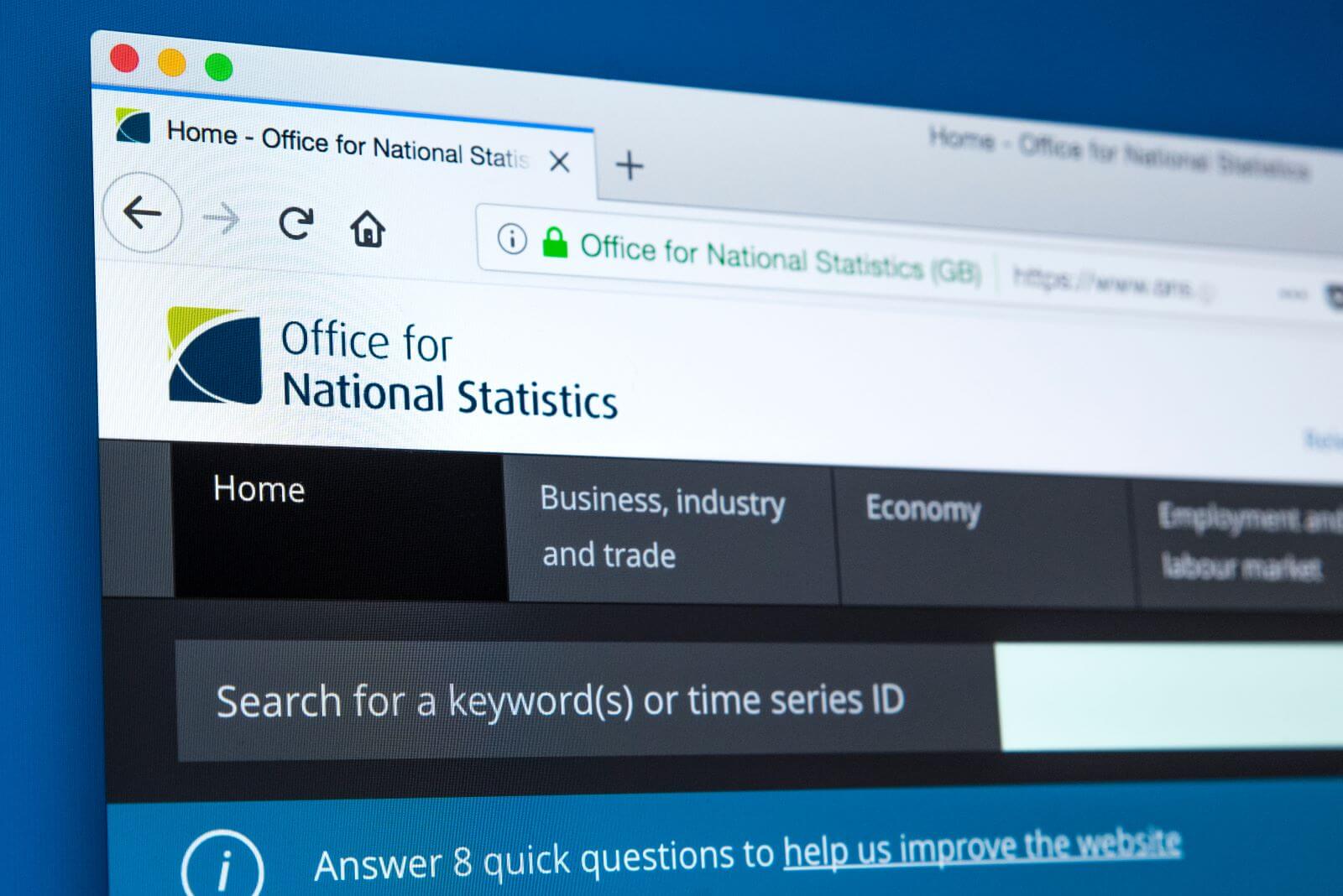The Office for National Statistics has reversed its decision on reporting homeless deaths, in a move that has been welcomed by campaigners. Here’s the full story.
No Easy Existence

It’s not easy to exist in the UK at the moment. The cost-of-living crisis has pushed millions of Brits into poverty, inflation is sky-high, and the economy has officially entered a recession.
Homelessness Crisis

The sheer unaffordability of housing has also led to a homelessness crisis, with thousands of unhoused individuals up and down the country left with little choice but to sleep on the streets.
Homeless Deaths

Incredibly, the Office of National Statistics (ONS) recently decided to discontinue the publication of data related to the number of deaths of homeless people in England and Wales.
Immediate Outcry

However, the outcry at this announcement was so loud, with some homeless advocacy groups calling the move “callous,” that the ONS has now decided to abandon these plans.
Data Accuracy

Initially, the ONS proposed discontinuing the publication of statistics on homeless deaths, citing concerns over data accuracy.
“More Robust Data”

A spokesperson from the ONS stated, “Following early feedback from the consultation, we can confirm we will be continuing the publication of deaths of homeless people. However, producing statistics in the area is complex, and we will be doing further work to ensure more robust data on this important issue.”
Vital Importance

The decision to continue reporting on homeless death statistics is of vital importance, considering the sheer number of people who have no choice but to sleep on the streets.
Impending Cuts

There has been a surge in homelessness, which will be exacerbated by the impending cuts to county council support services for hundreds of homeless individuals set to take effect at the end of the financial year.
“It’s Chilling”

Alicia Walker, head of policy for Centrepoint, a charity which works with the homeless, stated, “Rough sleeping is still rising, and it’s chilling to think how many of those vulnerable people have died.”
“More Than Numbers”

She continued, “They’re more than numbers, but as the government appears to have abandoned its aim to end rough sleeping this year, we need to keep counting.”
Human Cost

The ONS figures provide critical insights into the human cost of homelessness, bringing the suffering of one of the most marginalised demographics to the fore.
Preventing Tragedy

The figures also allow politicians, support groups, and charities to create policies that ensure resources are allocated effectively to address the underlying causes of homelessness and prevent further tragedies.
Challenges Persist

Despite the value of homeless death statistics, challenges persist in the collection of the data and its interpretation.
Timing of Deaths

Statisticians have highlighted significant caveats, including limitations in data collection regarding the timing of deaths and defining homelessness.
Reliance on Estimates

Moreover, grassroots organisations like the Museum of Homelessness (MOH) have criticised the reliance on estimates and advocated for more rigorous data collection methods.
Dying Homeless Project

Grassroots initiatives like the Dying Homeless Project by the Museum of Homelessness complement official statistics.
Alternative Perspectives

By independently documenting homelessness-related deaths, these initiatives offer alternative perspectives and highlight the urgency of the issue.
“Why They Died”

Gill Taylor, MOH’s lead for the Dying Homeless Project, stated, “Now is not the time to be turning away from who these people are and why they died.”
“1,313 People Died in 2022”

She continued, “We are pleased to hear that ONS have listened to feedback about their proposal to stop counting the deaths of people experiencing homelessness. Given that 1,313 people died in 2022, a figure that has risen every year since counting began, we were shocked to learn that they were considering this move.”
Step Forward

The ONS’s decision to continue reporting homeless death statistics marks a significant step forward, but serious challenges remain.
Strengthening Collaboration

Gill Taylor of MOH stressed the need for strengthened collaboration between government agencies and grassroots organisations to ensure accurate data collection and to prohibit unnecessary deaths.
“Counting Those Who Die”

Taylor stated, “Whilst we have been critical of the ONS methodology, it is crucial that central government and its departments take responsibility for counting those who die. We welcome the news that ONS plan to strengthen their approach to data collection – understanding the true scale of the issue is crucial to preventing future deaths.
“The ONS Can Too”

She continued, “We would be happy to speak to ONS researchers about our methodology, which is not based on estimates. If a grassroots museum can adopt a rigorous approach to capturing actual data, we are confident the ONS can too.”
Affordable Housing

Counting deaths is just the first step; concerted efforts toward social infrastructure rebuilding, including affordable housing and easier access to healthcare, are essential in preventing future tragedies.
Intrinsic Value

The ONS’s decision to continue to count the deaths of the homeless reflects a recognition of the statistics’ intrinsic value and the urgency of addressing homelessness as an issue.
Damning Indictment

Though campaigners have welcomed the move, the decision to stop counting the deaths of some of the most vulnerable individuals in the UK in the first place is a damning indictment of the value that the government puts on the lives of homeless people.
The post In Memoriam: Campaigners Push for Recognition of Homeless Deaths first appeared on Swift Feed.
Featured Image Credit: Shutterstock / Izzy Bouchard.

